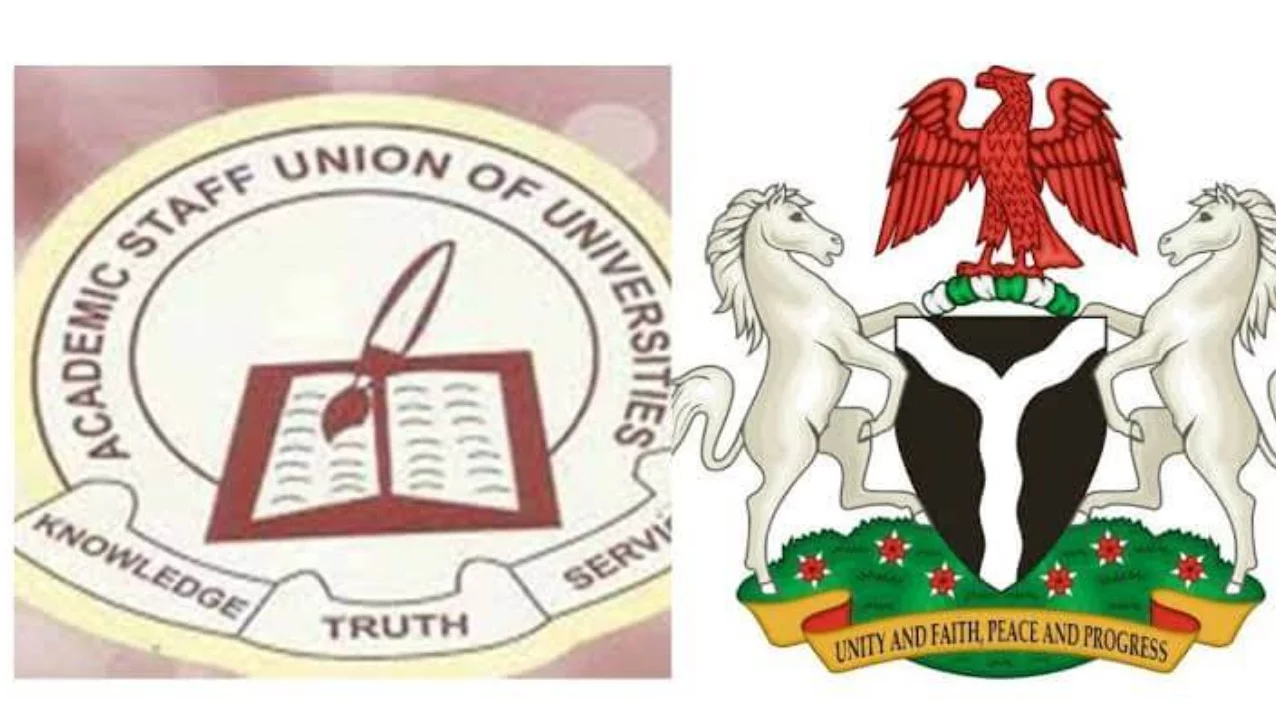Some of the mandatory requirements include that staff must have been employed before August 2009.
According to Gender, the Federal Government is effectively engaging staff unions of polytechnics on their demands geared toward the improvement in the quality of research, teaching and learning.
“The Federal Government is committed to rapid development of our education sector with particular emphasis on technical and vocational education and training.
“This is achievable through improvement of tertiary education funding majorly by the Tertiary Education Trust Fund, the CBN, and the Niger Delta Development Commission, among others.
“Unfortunately, efforts of government are hampered by persistent corruption in the sector.
“One of the strategies the ministry is adopting in addressing the issues and challenges in the polytechnics sector is the encouragement and support of periodic fund raising initiatives,’’ he said.
Gender told the retreat that initiatives included the launching of endowment funds, patents, consultancy and commercialization of research.
He said the provision in the National Policy on Education where not less than 70 per cent of admissions into polytechnics shall be in technology-based courses was of great significance.
He charged the councils and managements to comply strictly with the policy as the ministry would continue to monitor the level of compliance.
Gender called for the support of participants to collectively face the numerous challenges for the positive development of the education sector, national development and global competitiveness.
In a remark, Executive Secretary of the NBTE, Prof. Idris Bugaje, noted that the technical and vocational education and training sector was under siege and it was important to save and turn the fortune of the sector around.
Bugaje bemoaned the upgrading of polytechnics to universities saying this would only lead to the degrading of polytechnics.
“The university is swallowing the polytechnics. Polytechnics and universities are parallel; we are not feeders.
“Colleges of Education feed the university system. If you convert them to universities, you are upgrading them, but if you convert a polytechnic to a university, you are degrading it and this will not help the economy.
“We must stop this crave of converting polytechnics to universities. I advocate a reverse of conversion of universities that are not doing well into polytechnics,’’ he stressed.
In his remarks, Chairman Committee of Chairmen of Governing Councils, Mr Waziri Bulama, said that the polytechnics needed the right leading role in skills development.
Bulama said the committee had come together to resolve the crisis between the Federal Government and the Academic Staff Union of Polytechnics.
He added that the committee was working with the NBTE and the Ministry of Education to promote policy that would ensure the sector received the needed attention.
The retreat has: “Improving Polytechnic Administration: The Role of Governing Councils and Management’’ as its theme.
It was organised by the NBTE in collaboration with the Committee of Federal Polytechnic Rectors.













